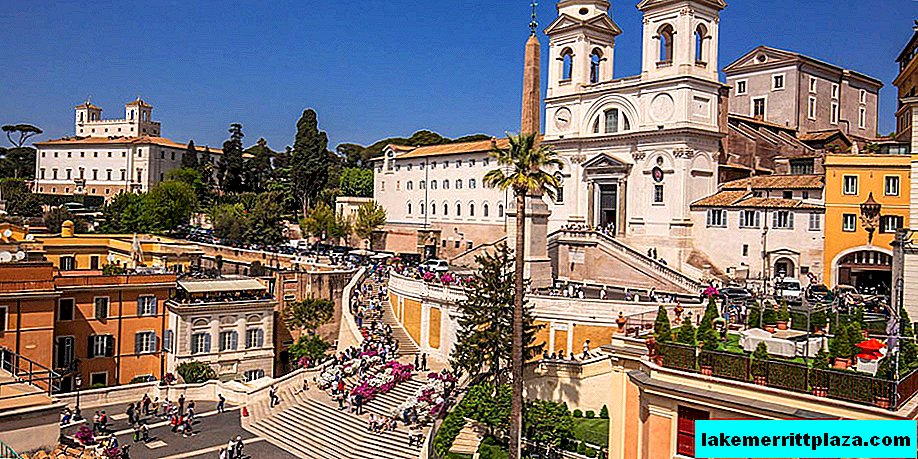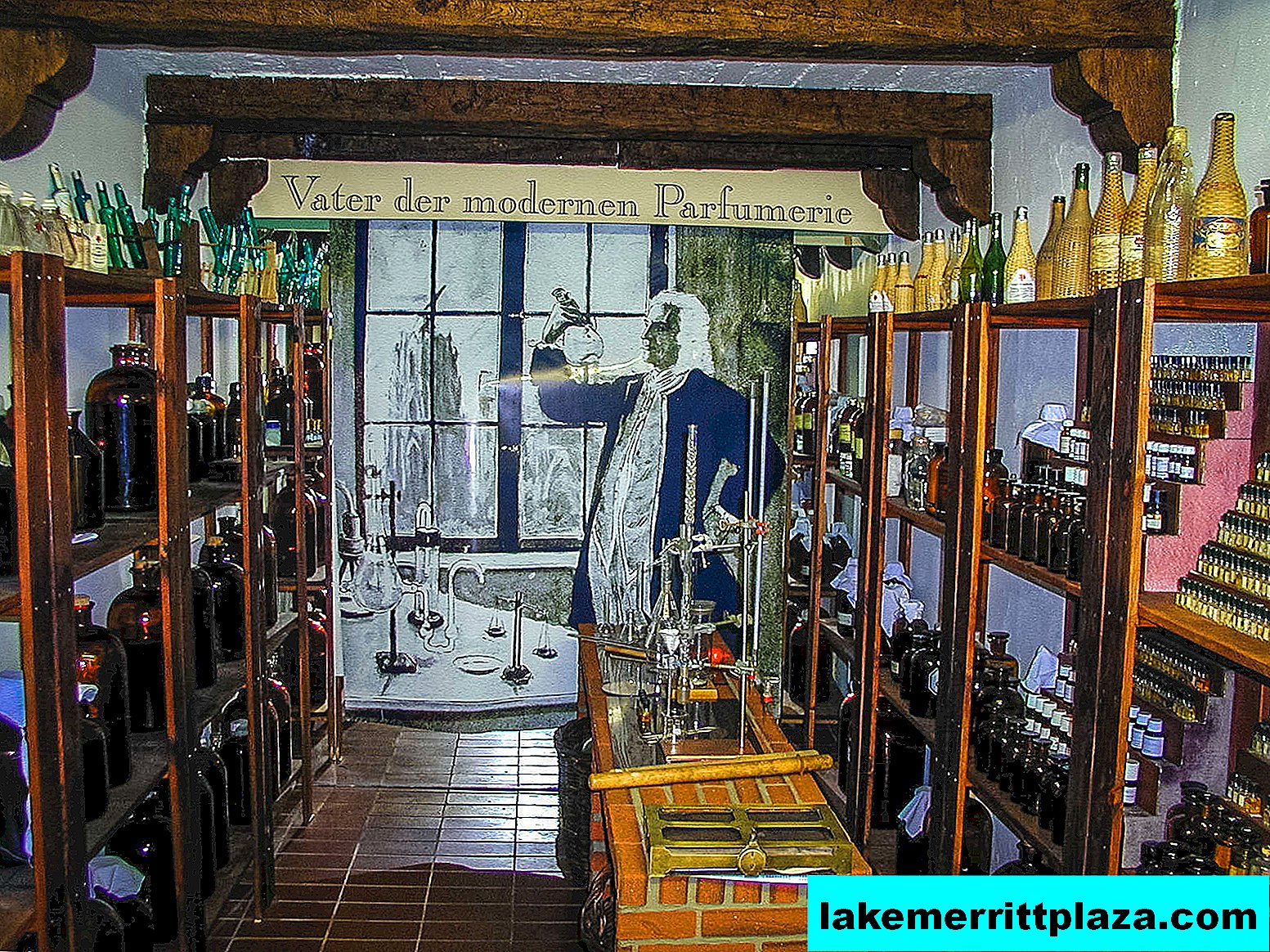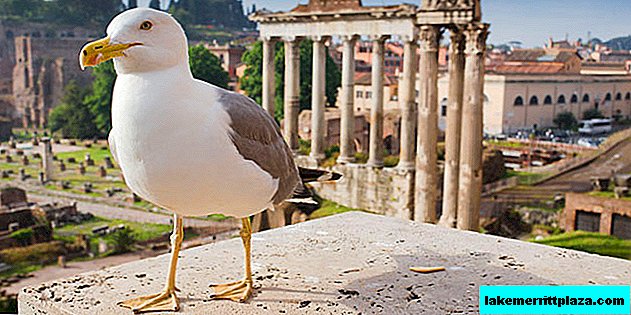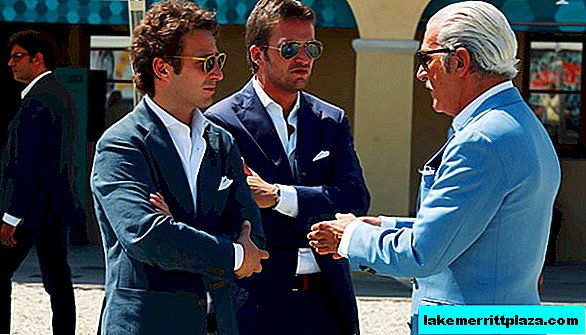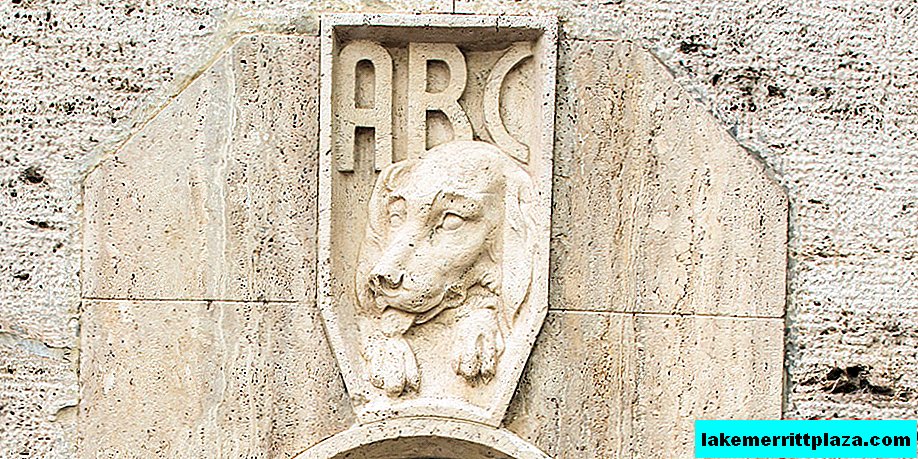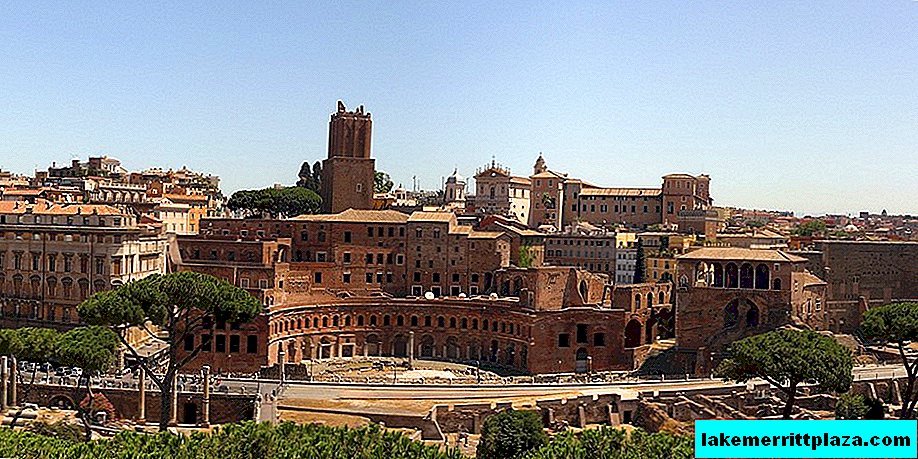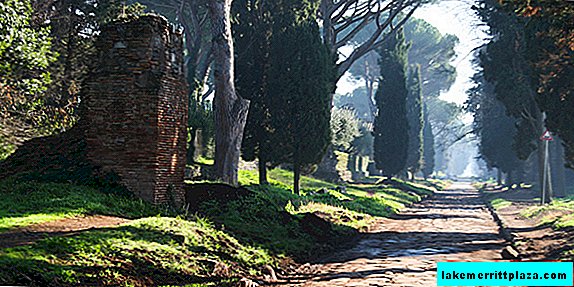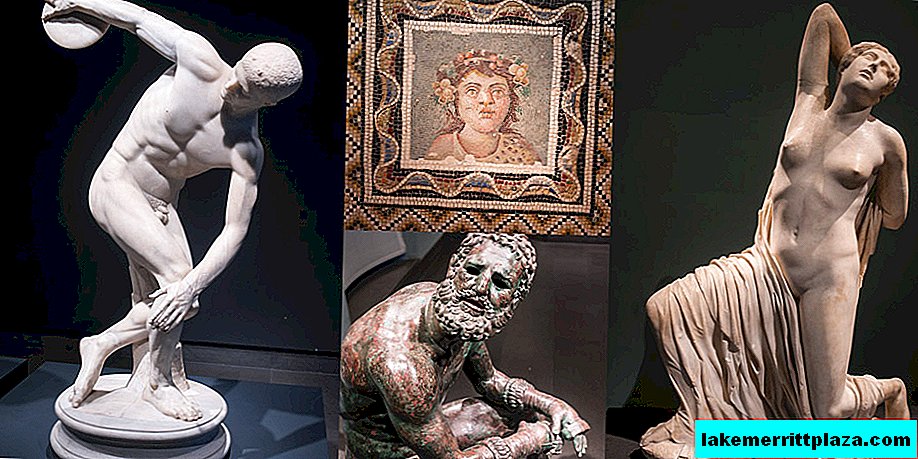Memmingen is an ancient city located at the intersection of busy shopping and pilgrimage routes. There is even the expression "All roads lead to Memmingen", which is suitable for this cozy town today.
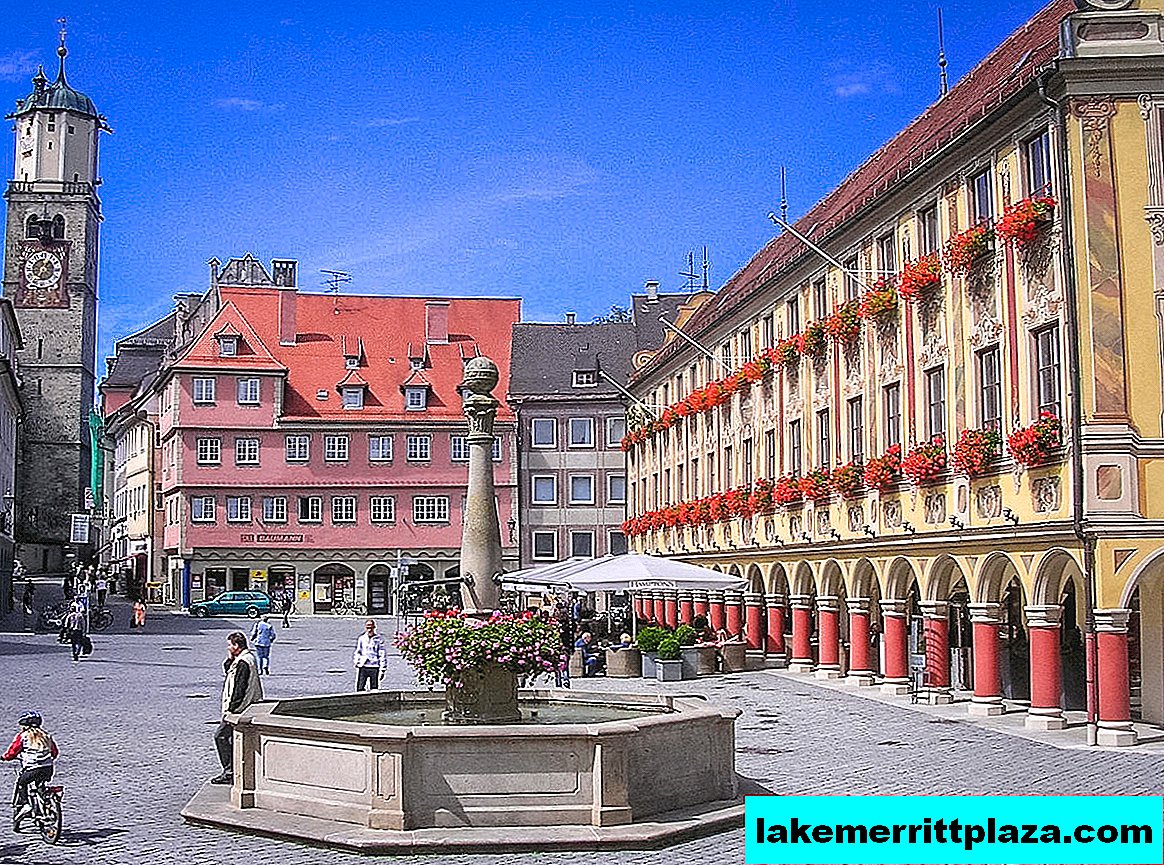
Market Square
Memmingen is a Bavarian city 112 km west of Munich, with a population of about 42,000. With the capital of Bavaria, Memmingen is connected by an autobahn and a railway line. 4 km from the city there is an airport that accepts aircraft of European companies. How to get from Memmingen to Munich, I wrote here.
Memmingen maintains its historical flavor: buildings with expressive pediments, facade murals, ancient palaces of aristocrats, a picturesque canal where rich trout is found. The most interesting architecture can be seen on the Kalchstrasse shopping street and Weinmarkt square. About 2 km of the wall, ten gates and towers remained from the medieval fortifications of the XIV century. A green zone of parks stretches along the old city walls.
City `s history
The history of Memmingen began with a Roman military settlement. In the 5th century, Alemans lived here; in the 7th century, the palace of the king of the Franks appeared. In the 13th century, Memmingen, at the crossroads of important trade routes, became an imperial city, and in the 17th century it was at the center of the events of the Thirty Years War. In 1802, he came under the rule of Bavaria.
Sights
 Church of St. Martin
Church of St. Martin
 Town Hall
Town Hall
 Stoerhouse
Stoerhouse
 Large salt warehouse
Large salt warehouse
 City walls
City walls
 Schrannenplatz square
Schrannenplatz square
 House with seven roofs
House with seven roofs
 State Theater of Swabia
State Theater of Swabia
 City Museum
City Museum
 Kunsthalle
Kunsthalle
Church of St. Martin
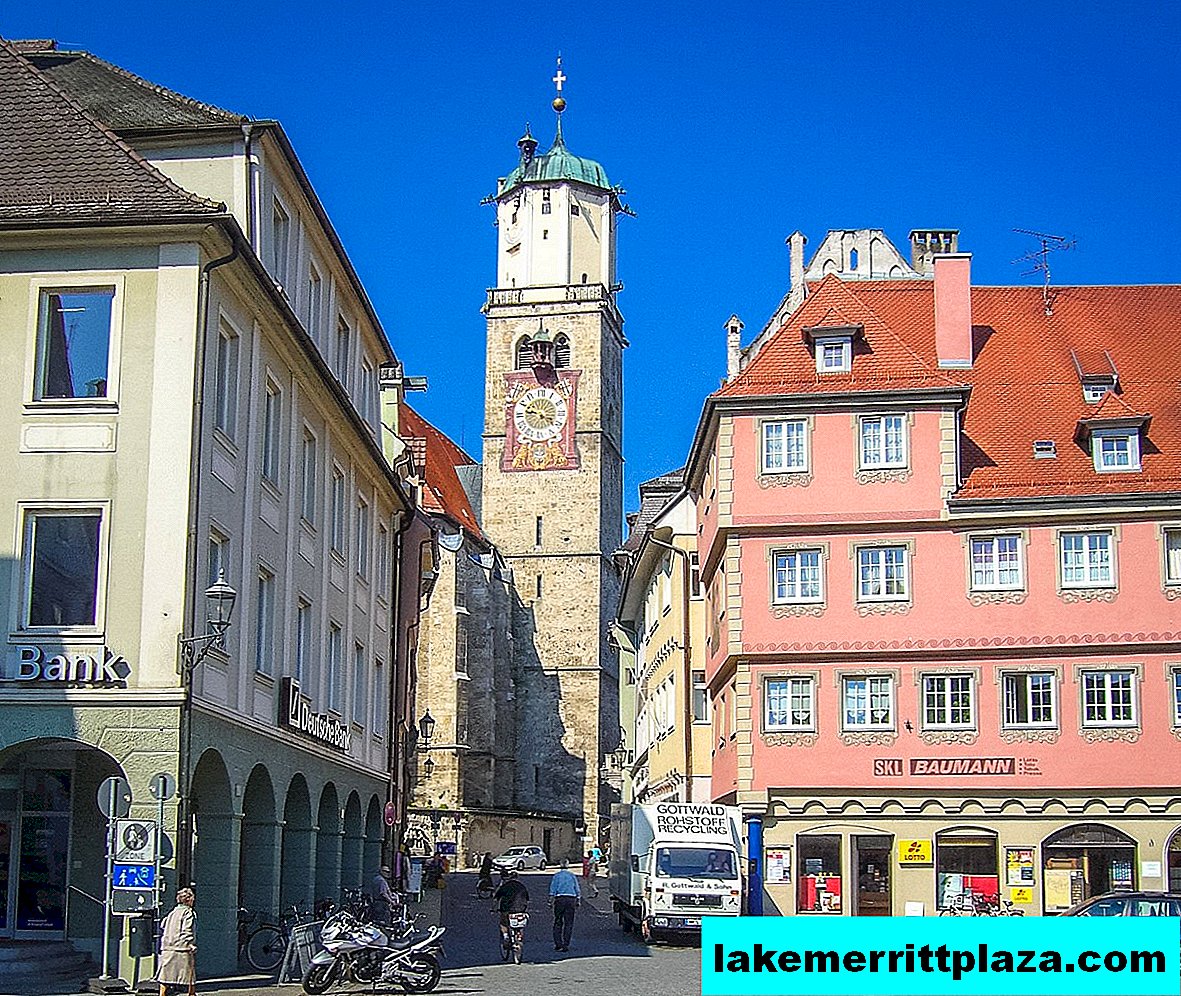
Church of St. Martin
On the street Herrenstrasse stands the Gothic Church of St. Martin (St.-Martins-Kirche), XV century. On the bell tower is a clock with a painting of 1524. In the decoration of the church are interesting stellar arches on interwoven ribs, original stained glass windows, virtuosic art forging in the design of the choir and the altar.
Town Hall
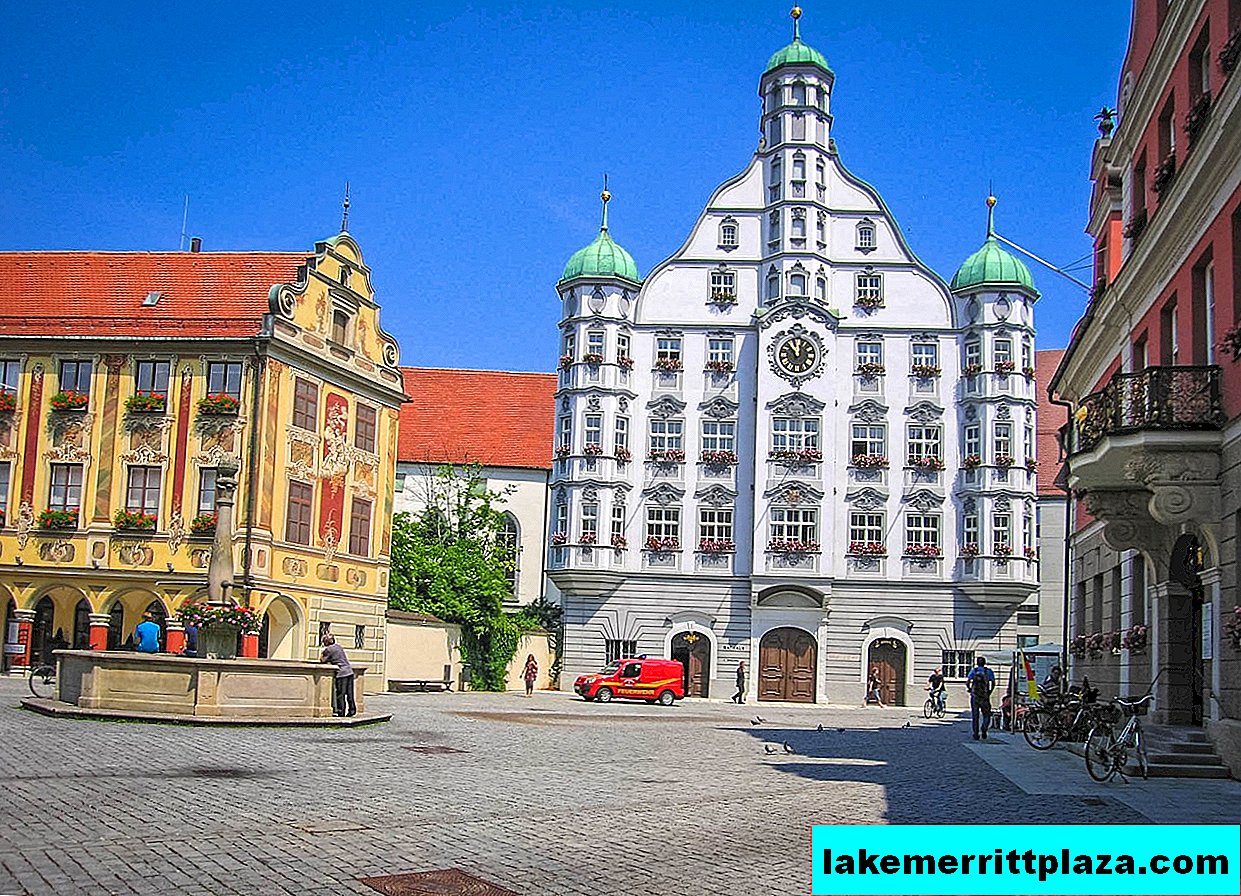
Town Hall
The elegant building of the City Hall (Rathaus), with three domed towers and an original pediment, was built in 1589, in the Renaissance style.
Stoerhouse
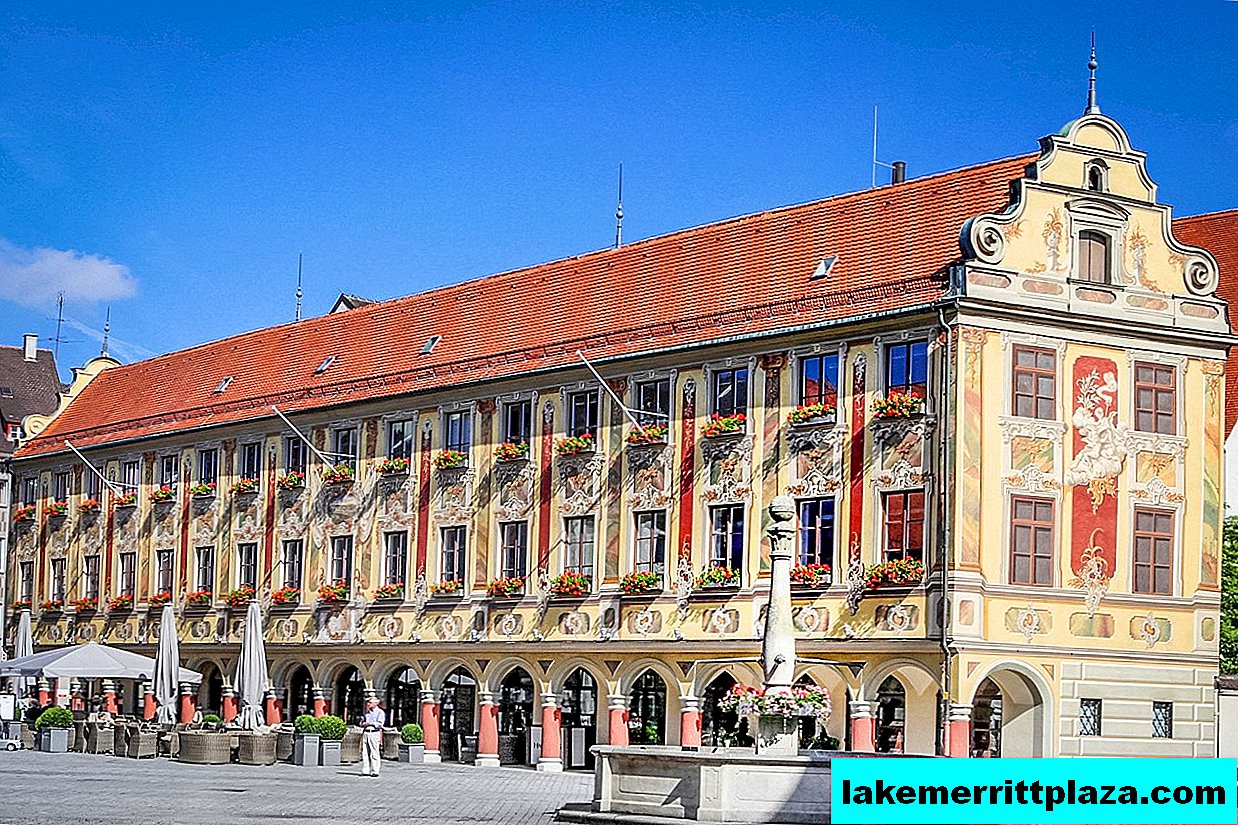
Tax collectors guild building
The building of the guild of tax collectors Stauerhaus (Steuerhaus), built in 1494, impresses with its bright facade painting and magnificent arcade.
Large salt warehouse
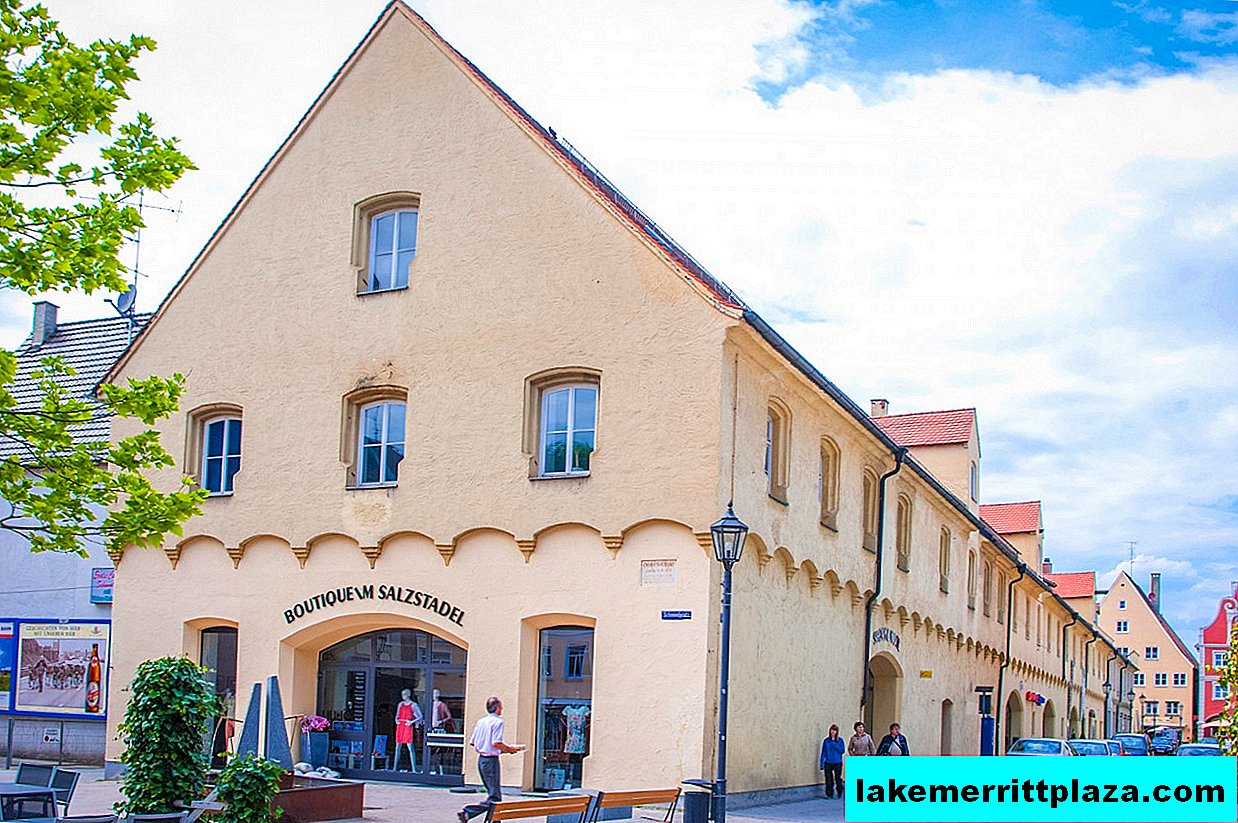
Large salt warehouse
Once the city stood on the "salt track": since then there has remained a large salt warehouse (Großer Salzstadel). It was built in 1470-1474. and has a length of more than 100 m.
City walls
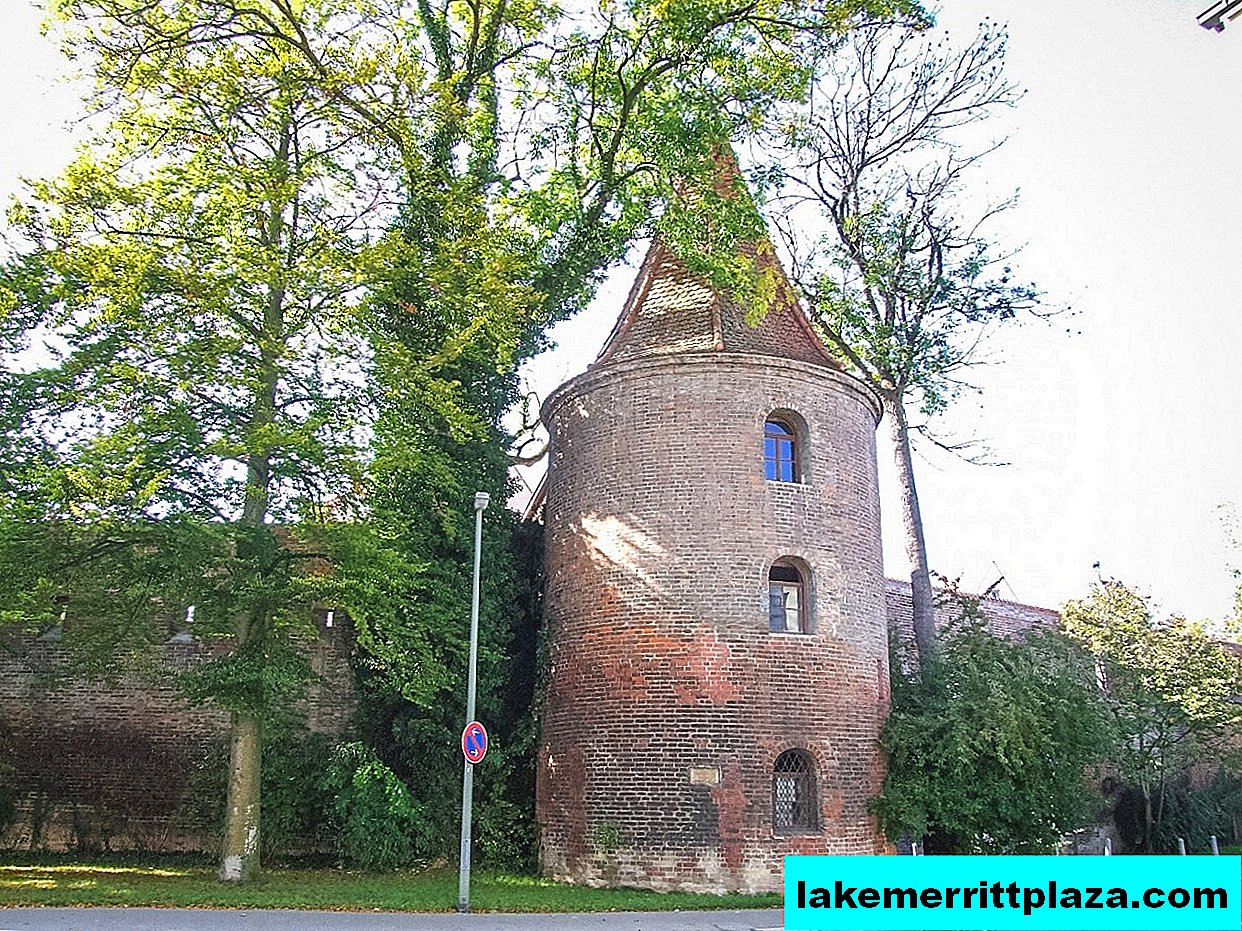
Old city walls
The walls of the Old City were erected in 1181. In the XII-XV centuries. external walls joined them. In the XIX century. they were partially dismantled, but the bastions and the western gate were preserved.
Schrannenplatz square
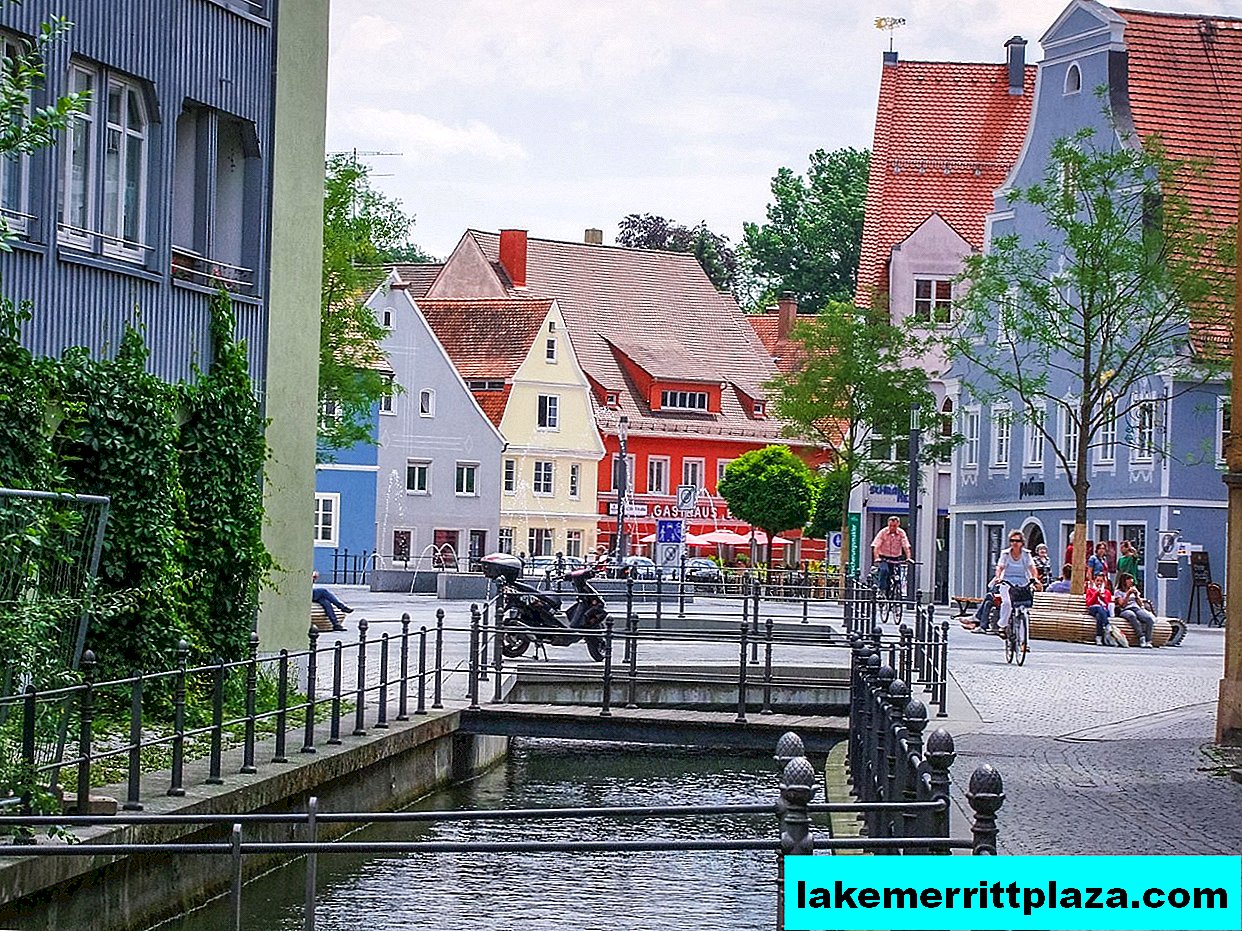
Schrannenplatz
On Schrannenplatz Square, there are three medieval granary buildings and the old Weinhaus wine restaurant.
House with seven roofs
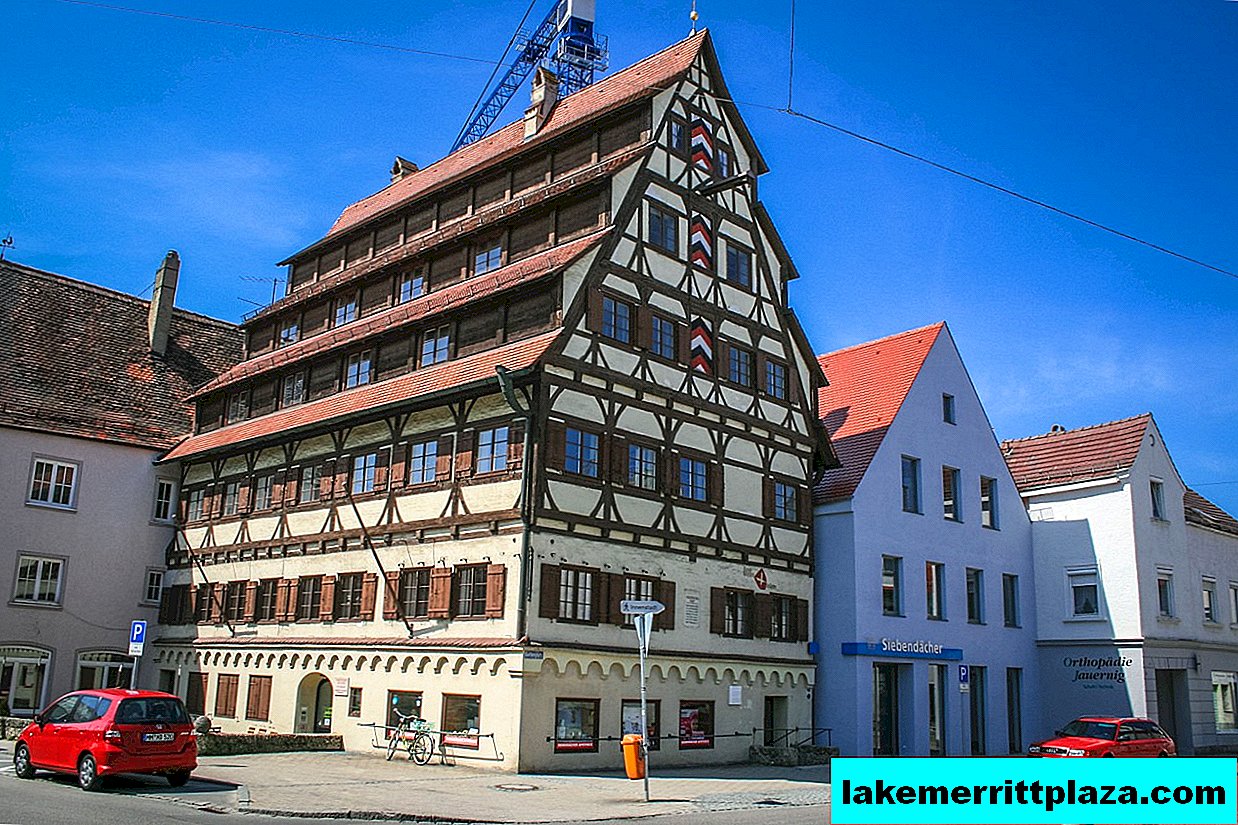
House with seven roofs
Unusual half-timbered "House with seven roofs" (Siebendächerhaus), 1601, built on the Gerberplatz square. It was intended for drying leathers.
Theaters
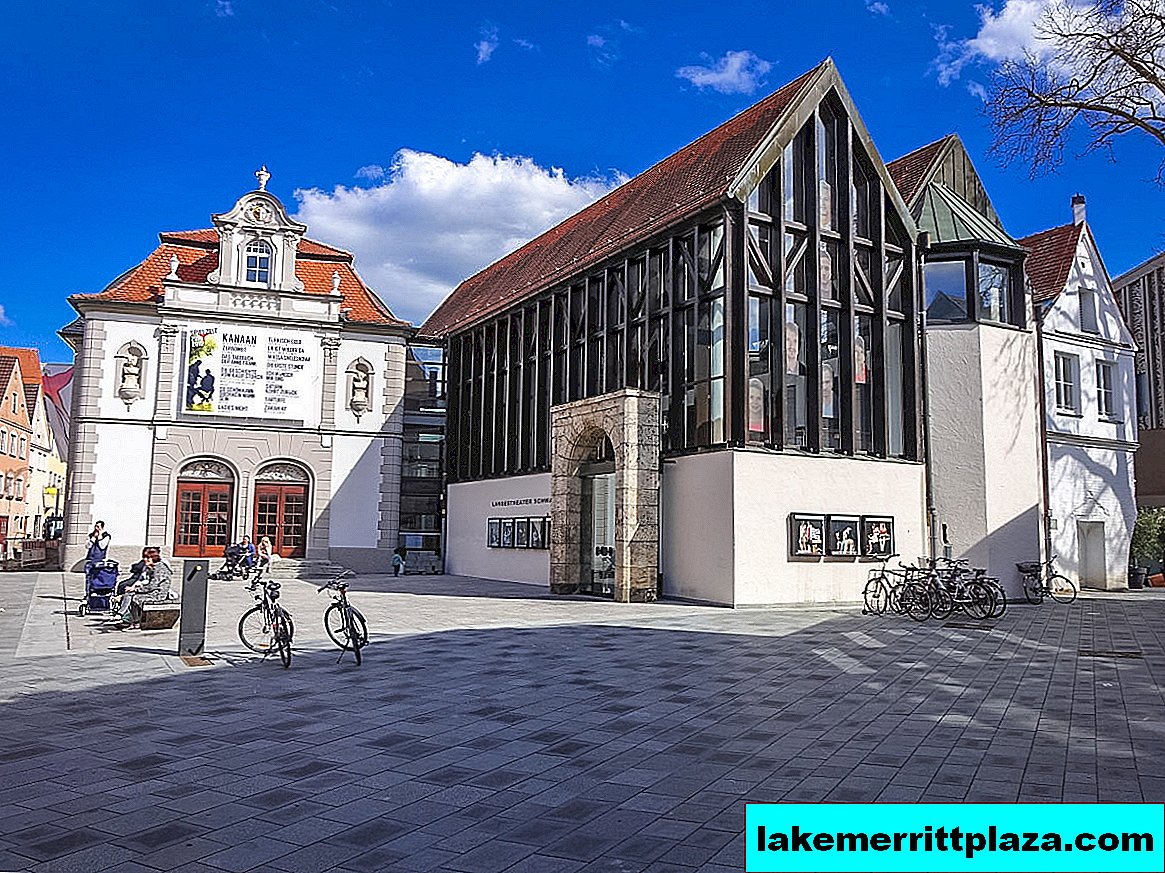
State Theater of Swabia
Memmingen is famous for theatrical traditions. They have been presenting here since the Middle Ages. In 1803, the city theater was founded in the former Armory - today it is the State Theater of Swabia (Landestheater Schwaben).
Since the late 1970s There is a cabaret theater in the city.
Museums
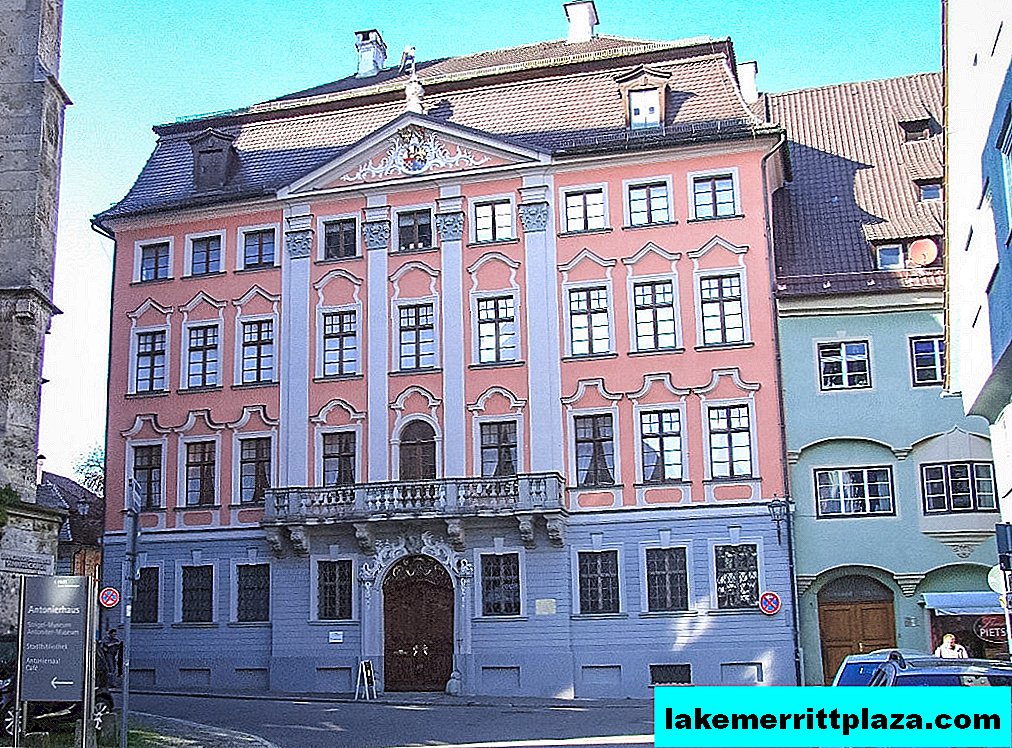
City Museum
In the late baroque palace of Herman (Hermansbau) (1766), on the Herrenstrasse, a museum dedicated to the history of Memmingen (Stadtmuseum) is located.
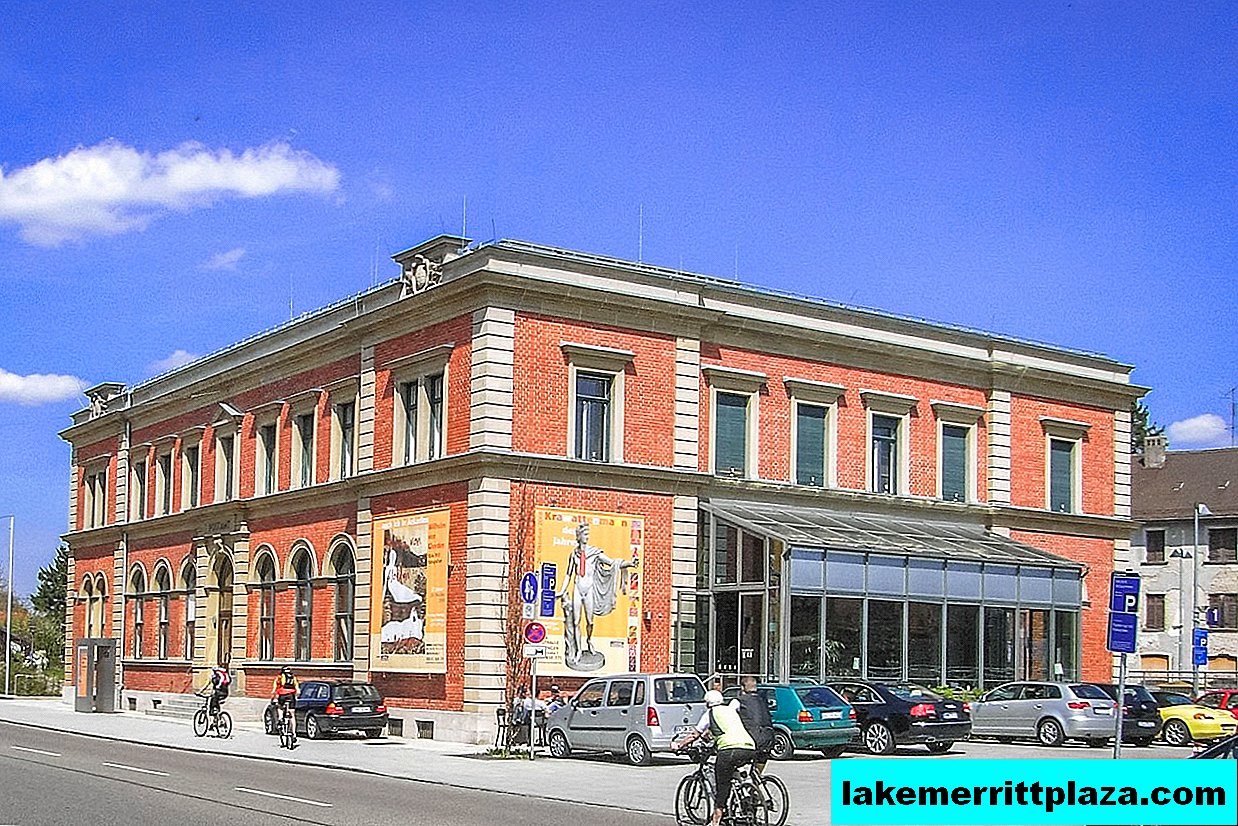
Kunsthalle
In the former post office building near the station, there is the Kunsthalle Art Hall (MEWO Kunsthalle), where exhibitions of works from the 20th to the 21st centuries are held.
Religious culture lovers should visit the museum in the baroque complex of the Cartesian monastery.
Fun and Holidays
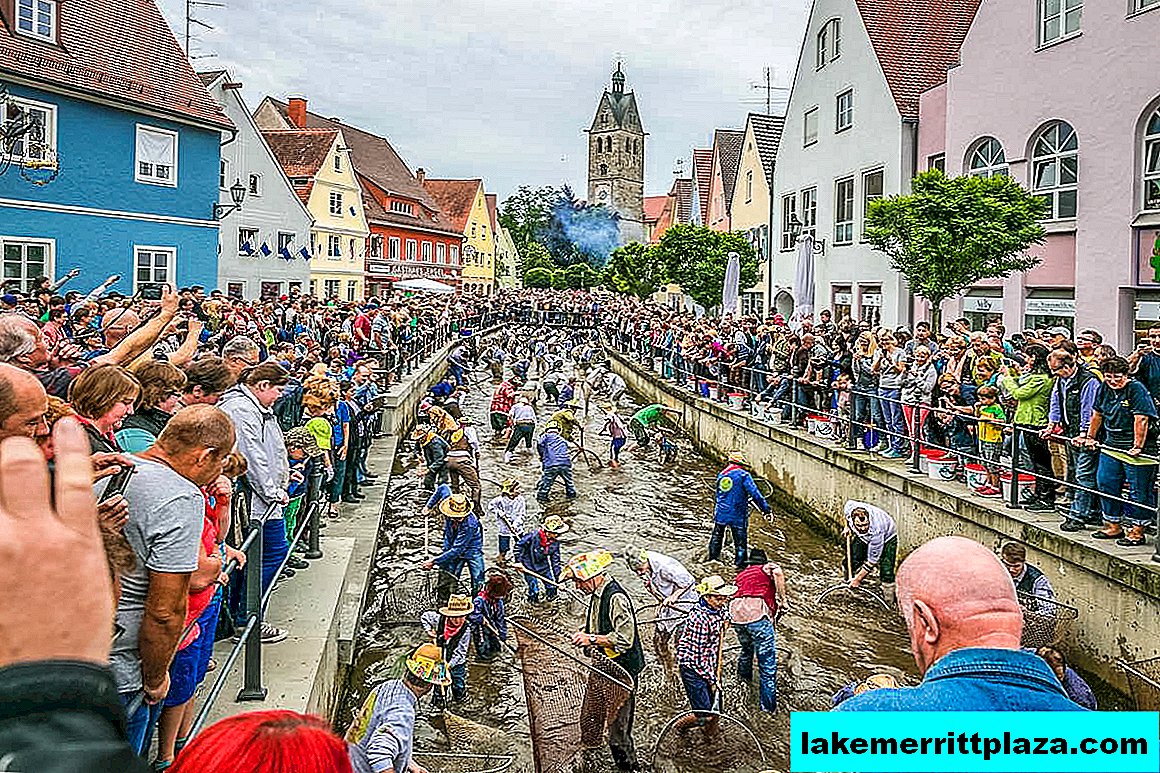
Fisherman's Day
The churches of St. Martin and St. Joseph host organ concerts, known throughout the region.
In May, Memmingen celebrates the colorful Flower Festival.
The Stängele children’s party opens before the summer break. This tradition is more than 400 years old: the "school" history of Memmingen dates back to 1571. The celebration program has not changed since 1802. Joint services are held, then round dances and singing in the square, creative competitions at the stadium, awarding of the best students.
The most fun local holiday is Fischertag Fisherman's Day, celebrated at the end of July. Indigenous people come to the Stadtbach canal to catch farmed trout. The party opens on Friday night. Marktplatz Square is a historic venue, serving snacks and beer. Fishing begins early in the morning with a solemn march, and ends at 10 in the morning. The jury summarizes, rewards successful fishermen, awards the title of "Fish King".
Every four years, the Wallenstein Festival is held here - a historical reconstruction of the events of 1630. Bright festival gathers up to 4500 spectators and participants.
In Memmingen, you can play tennis, squash, badminton, visit the heated pool or the Eissporthalle ice rink, and take a master class in dance clubs.
Transport
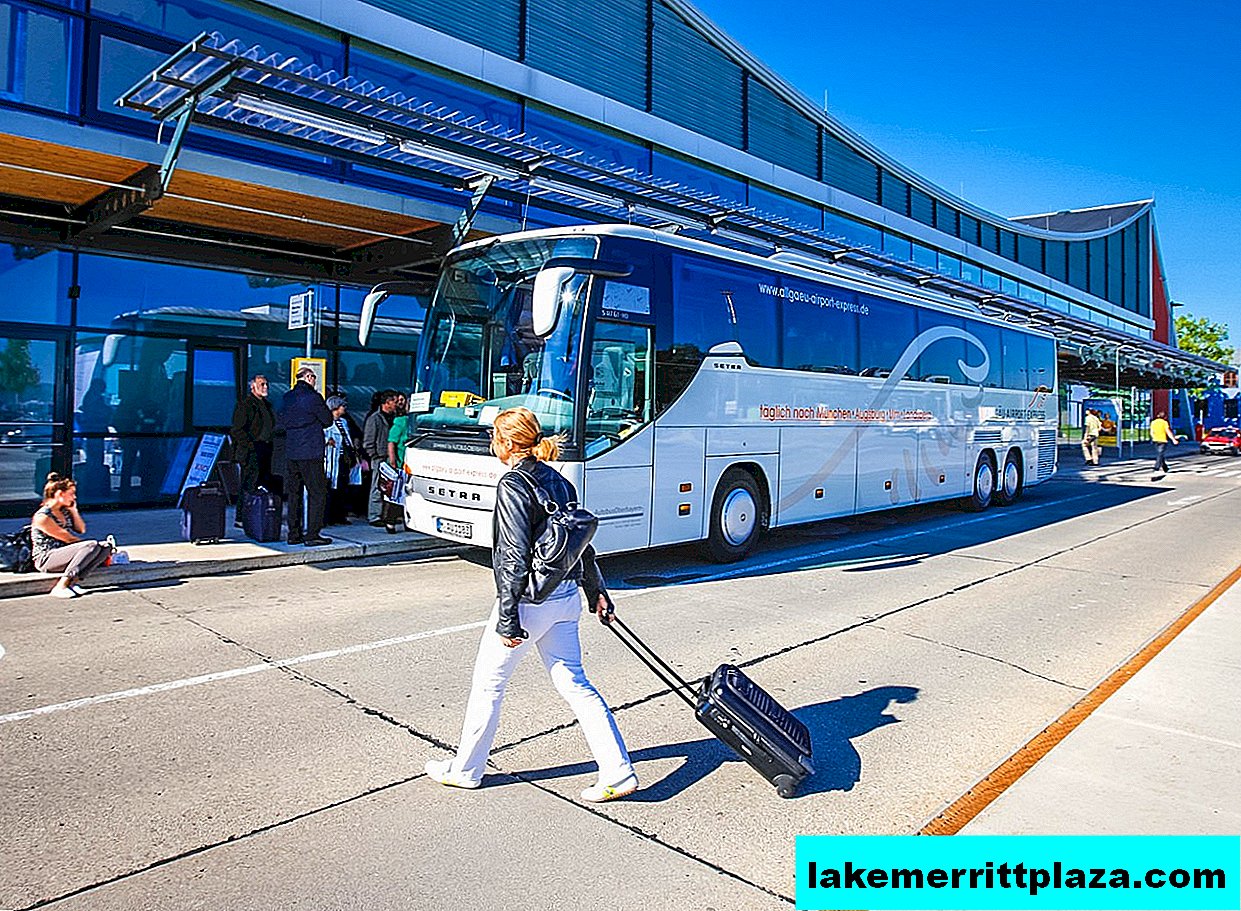
Memmingen Airport
Memmingen Airport
Four kilometers from the city is the airport - Flughafen Memmingen, which serves both scheduled flights and charter, mainly low cost airlines. Including there flew planes of the Russian airline "Victory".
From Memmingen Airport, you can get to the city by bus 2 or 810/811. For a bus schedule from Allgäu Airport to Memmingen ZOB (Bahnhof), see here.
Tickets cost € 3. 10 min ride
Motor transport
Memmingen is the transport hub of Upper, Central Swabia and the Allgäu region of southern Germany.
The city is conveniently located at the intersection of the A7 Ulm - Füssen - Austria (Ulm - Füssen - Österreich) and A96 Munich - Lindau - Switzerland (München - Lindau - Schweiz), as well as the federal roads B300 Augsburg - Memmingen (Augsburg-Memmingen) and B312 Memmingen - Reutlingen (Memmingen - Reutlingen). The city has three options for bypass roads.
From public transport, there are only 6 bus routes in the city. Paved bike paths. In the old town, pedestrian streets occupy about 1 km.
Railway transport
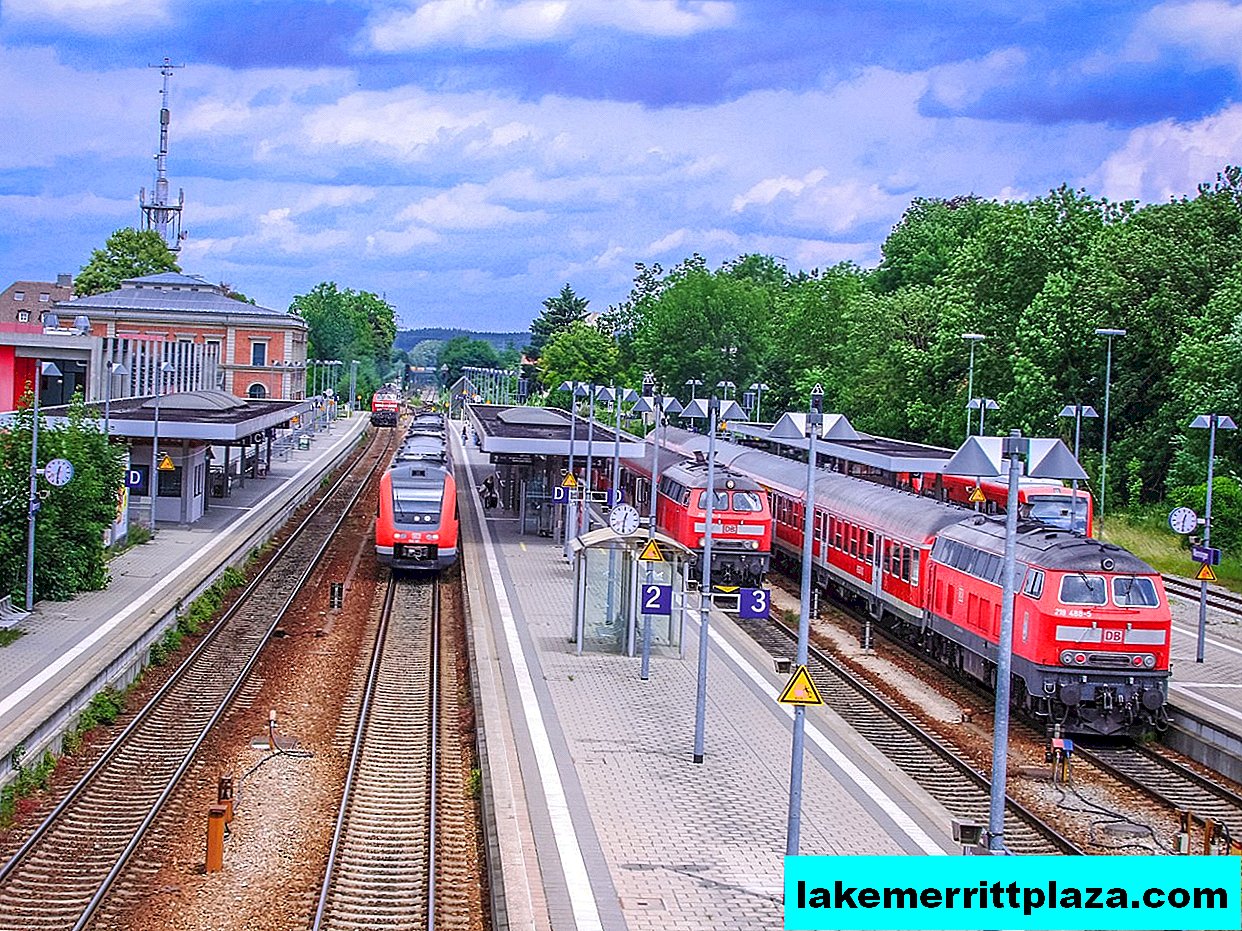
Memmingen Station
Memmingen has a train station (Bahnhof Memmingen). The railway lines Munich - Lindau and Ulm - Oberstdorf cross here; passes the route from Munich to Zurich.
What to see in the surroundings
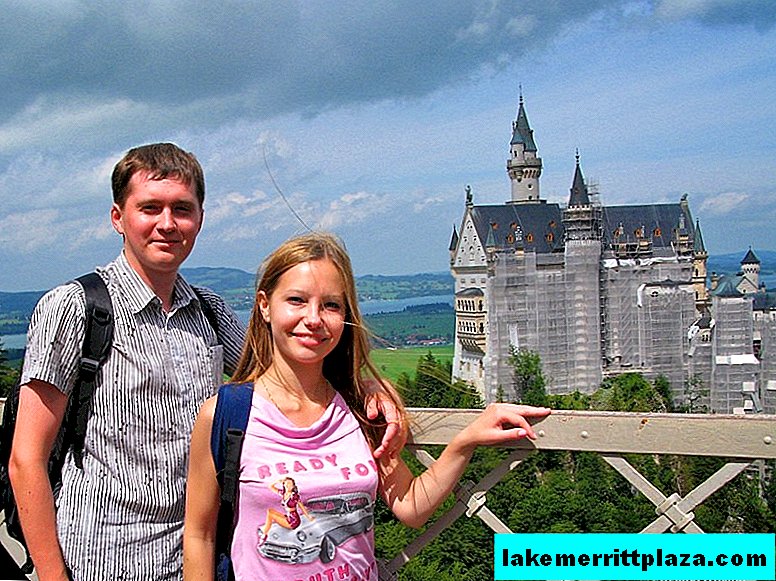
Neuschwanstein
Tourists are offered walks in the foothills of the Alps: more than 60 hiking trails have been laid in the surrounding areas and Alpine villages of the Allgäu region.
You can visit the Benedictine Abbey in the village of Ottobeuren - there is opened a gallery-branch of the state Bavarian collection of paintings.
23 km north-east of Memmingen is the town of Babenhausen with a huge medieval castle.
The popular resort of Bad Grenenbach is located 14 km south of Memmingen.
Within a radius of about 100 km are the cities of Ulm, Munich, Augsburg, as well as Lake Constance, castles Neuschwanstein, Hohenschwangau and Linderhof.

